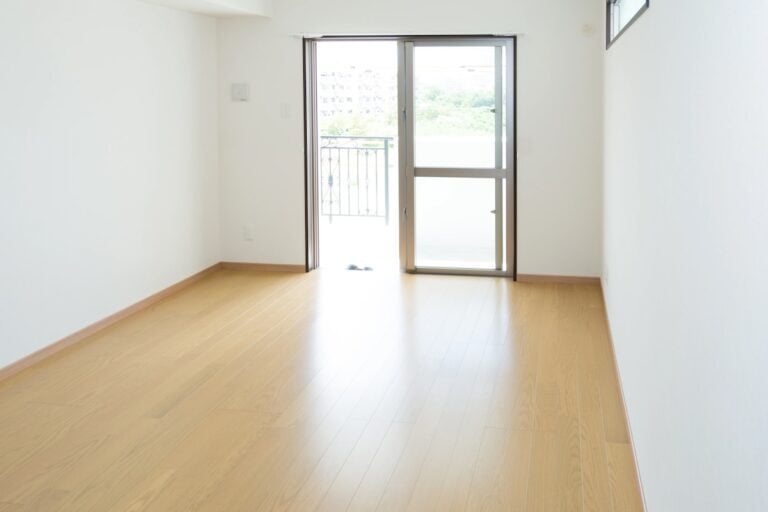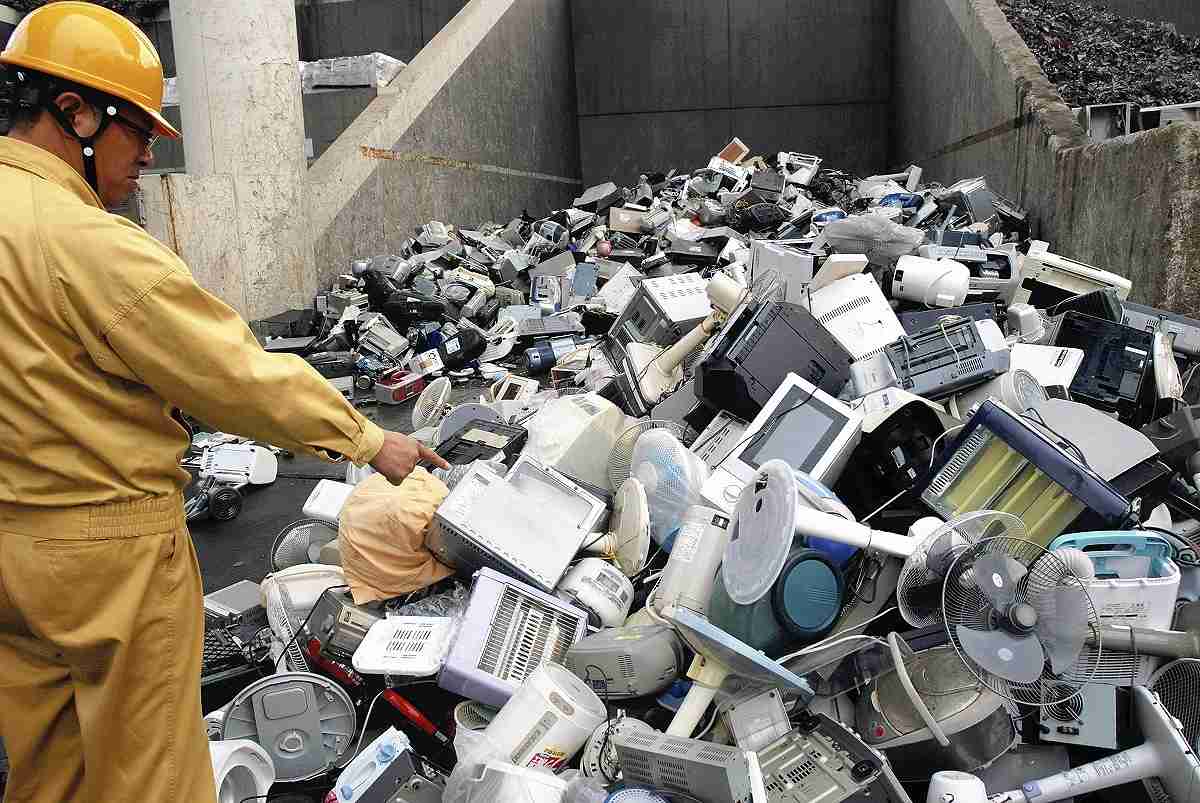
If I had ten yen for every time I had to reference my city’s garbage sorting guide, I’d have next year’s rent covered.
Okay, maybe I’d have enough to pay for a casual dinner with a friend.
Regardless, how to sort your garbage properly is a challenge that everyone in Japan faces, though you as a foreigner may be doing so as an adult rather than an elementary school student. At some point – usually after they’ve acclimated to Japan’s waste management system – everyone will be faced with this decision for items that don’t necessarily belong to any of the available waste categories. Think sofas, refrigerators, microwaves, etc.
This especially becomes an issue when moving apartments, be it within Japan or overseas. You see, Japanese apartment contracts require tenants to completely empty their unit before moving out. Anything that wasn’t already in the apartment when you moved in must go, no matter how useful it might be for the next resident. Yes, that includes any air conditioning units you installed after moving in.
While the process for getting rid of unusual items is more involved than an empty yogurt cup, it certainly doesn’t have to be painful or too labor intensive. If you find yourself in this kind of situation, read on for some suggestions.
Sell or donate
One of the most popular methods is selling or donating. Japan has a pretty robust secondhand market. Hard Off and Second Street are the most widespread options, with the latter usually focusing more on used clothing. In both instances, after submitting the items you wish to donate, you will be asked to wait for them to appraise each one. This can vary between 30 minutes to as long as 2 hours, depending on how busy they are and how much you brought. Usually, if you don’t want to wait in the store there’s the option to receive a phone call or text telling you when they’ve finished.
It’s important to note that the fastidiousness in Japan that ensures secondhand items are in excellent condition can also make selling your own used items difficult. In other words, secondhand stores in Japan are more selective than their overseas counterparts. For items other than clothing, they will often even require that it come in its original box!
If you didn’t know about this technicality and are thus unable to sell your items, there is hope! If you’re of the more entrepreneurial spirit, Mercari is worth a shot. This is a community marketplace where you can post photos of unwanted items for sale. The selling process is straightforward and uncomplicated, especially considering Mercari provides you with a prepaid shipping label. This means you simply post the item, wait for it to sell, and when it does, package and take it to your closest convenience store to post.
If you’ve exhausted all other options and still can’t rid yourself of some things, try Jmty (ジモティー), a classified advertisements website similar to Craigslist, Gumtree, or Kijiji. You probably won’t make much money (if any at all), but at least they’ll be gone. Websites like Jmty allow you to post items for a low price, or free. Unlike established secondhand services or stores, there is no quality control that prevents you from listing, and pickup is negotiated between the seller and buyer, so in most cases it’s free because the buyer will come get the item on their own terms. Post as much as possible as you never know – you might get as lucky as I did when someone asked to take any of the oversized garbage I didn’t need upon moving out!
Just remember to never send money before pickup – always pay in cash! There are considerably fewer scams than abroad because, well, Japan. But even so, it’s important to keep your wits about you.

Throw away
You will, of course, have to throw many things away throughout the moving-out process, this much does not change from country to country. However, as mentioned at the beginning of this article, garbage sorting in Japan is usually a bit more convoluted than it is elsewhere. Indeed, after moving out and having to dispose of many items, I became an expert at my city’s sorting guidelines.
Another important note is that garbage collection is only done on certain days of the week. Some kinds of rubbish are collected twice a week, but most will only happen once. I recommend starting to dispose of items you won’t need as far in advance as possible to avoid being stuck with 50+ bags of waste on your last night. There is almost always a limit to how many bags can be thrown away per collection day, and you don’t want to be stuck without somewhere to put your bags!
For oversized rubbish such as couches, mattresses, refrigerators, etc., you’ll need to contact your local public waste management to ask for stickers that can be placed on the item in question for them to be taken. They are not expensive – usually between ¥500 and ¥2,000, but the process can also be time-consuming, so plan accordingly.
Pay a company for removal
If you’re nearing the move-out date for your apartment and don’t want to risk the possibility of not emptying it out in time, you can also pay specialized companies to do it for you. Additionally, since these services are fairly easy to cancel, it’s a good backup option even if you don’t plan on using it. Look up kaishū sābisu (回収サービス) or sodai gomi hikitori (粗大ごみ引き取り). The appeal to this option is, of course, the convenience. If I ever move out of a Japanese apartment again, I will definitely be using these services, as it can be incredibly tedious and stressful to completely empty out an apartment. The downside is, unsurprisingly, the cost. Depending on how many oversized items – such as refrigerators, washing machines, stoves, etc. – and general rubbish they’ll need to dispose of, the price can go up considerably, occasionally into the hundreds of thousands of yen range.
While disposing of items in Japan might seem daunting at first, especially with the intricate garbage sorting rules and stringent apartment move-out requirements, it is manageable with the right approach. Of course, your tactics will be dictated by how much time and money you are willing to spend, and I believe that a balanced combination of services and heavy-lifting are the best fit for most. The key is to plan ahead and utilize the resources available to you. Embracing these strategies will not only help you declutter efficiently but also ensure a hassle-free transition from one apartment to the next. Remember, every challenge faced is a step towards mastering life in Japan.













